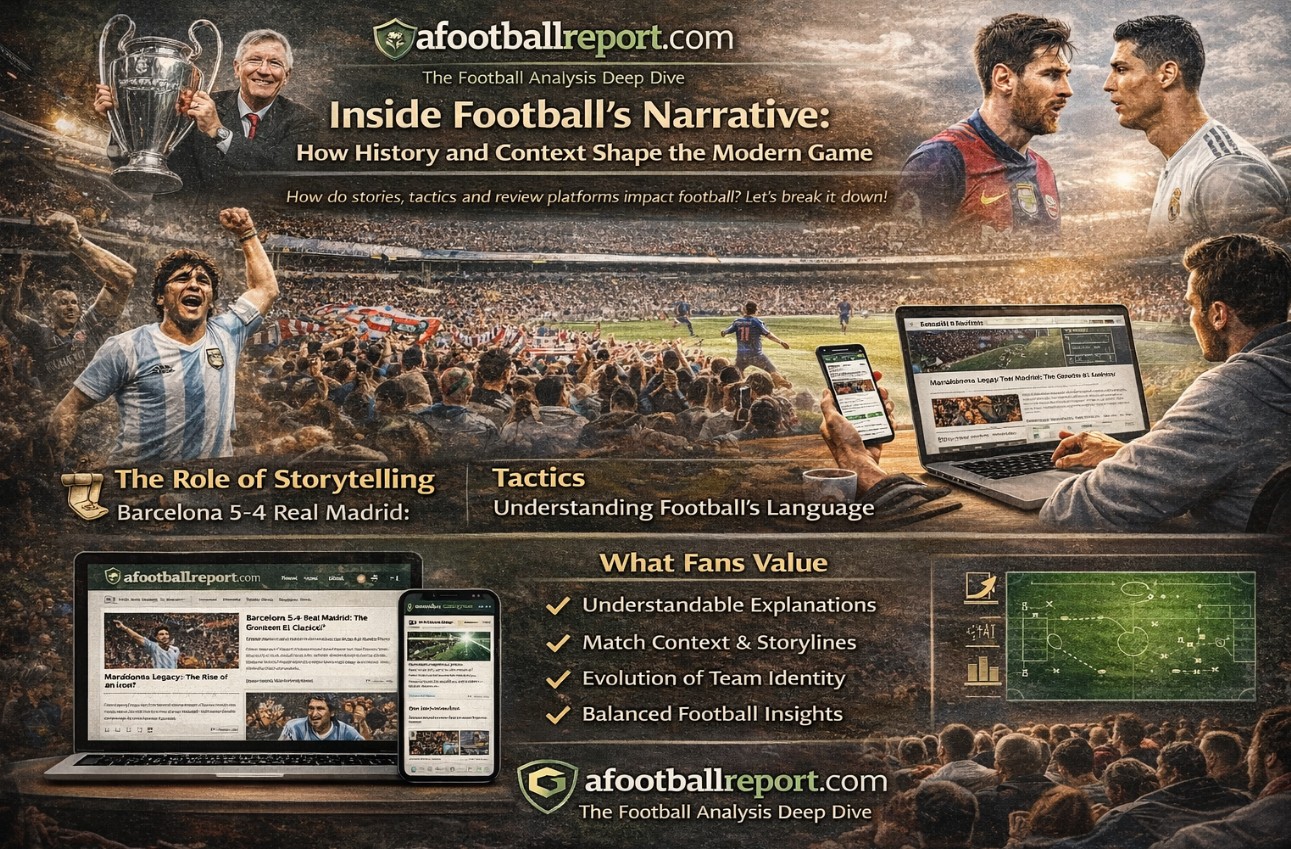Football and Betting: A Historical and Cultural Connection
Football, the world’s most popular sport, has alwa

Football, the world’s most popular sport, has always carried with it an atmosphere of passion, rivalry, and community. From packed stadiums to living rooms filled with fans, it is a game that brings people together across borders and generations. Alongside the sport’s growth, betting has long been associated with football, reflecting how supporters engage with the game beyond the pitch. While today’s digital age has introduced new forms of entertainment such as the online casino, the relationship between football and betting is rooted in a much older story.
The Early Days of Football and Wagers
Football’s modern form began to take shape in the late 19th century, when organized leagues emerged in England. At the same time, informal wagers between supporters were common. These early bets were not driven by large industries but by small communities where pride and local rivalry played a big role. Betting was a way for fans to add another layer of excitement to a match, though it was often conducted casually, without the structures we know today.
Pools and Predictions in the 20th Century
The 20th century saw the rise of football pools, which became one of the most popular ways for fans in the UK to engage with the sport. Participants would predict match outcomes each week, and while it was a game of chance, it also encouraged people to study fixtures, form, and statistics. For decades, pools were not only a pastime but also a cultural institution, with millions taking part.
This era highlighted how closely football and betting could align with broader social trends. Predictions and pools brought a sense of shared participation, where families and colleagues would fill in coupons together, often more for the fun of the tradition than the prospect of winnings.
Sponsorship and the Modern Game
As football developed into a global commercial powerhouse, betting companies became increasingly visible in the sport. Sponsorship deals, particularly from the 1990s onwards, placed betting brands on club shirts, stadium banners, and TV advertisements. This raised new questions about the influence of gambling on football and the responsibilities of both clubs and companies.
Today, debates continue about the balance between commercial partnerships and the wellbeing of fans. Many football associations and governments have introduced regulations to manage how betting and football interact, especially in terms of advertising and safeguarding young supporters.
Digital Transformation and Football Engagement
The digital age has expanded the ways fans connect with football. Mobile apps, real-time data, and social media have changed how matches are followed. This shift has also influenced how betting interacts with the sport. While traditional wagers still exist, new platforms offer fans more ways to predict outcomes or discuss the game in real time.
Meanwhile, entertainment platforms like the online casino illustrate how digital technology has broadened leisure activities in general. Just as streaming services have transformed how people watch matches, online gaming has diversified how fans spend their free time. These shifts highlight the changing landscape of fan engagement, where football remains central but is surrounded by many new forms of interaction.
Football, Betting, and Culture
The link between football and betting is not only about money; it is also about culture. For many, it has been a way to express loyalty, test knowledge of the game, or simply join in a tradition with friends. Across Europe, South America, and beyond, football is deeply tied to national identity, and betting has often been part of the fan rituals that surround it.
At the same time, there is growing awareness of the importance of responsible play. Support organizations, clubs, and governing bodies emphasize that betting should remain a form of entertainment rather than a problem. This awareness is shaping modern conversations about how football and betting coexist.
Looking Ahead
As football continues to grow globally, its relationship with betting will remain complex. History shows that the two have long been intertwined, but cultural, technological, and regulatory changes ensure that this relationship keeps evolving. Whether through traditional pools, sponsorship, or the influence of digital platforms, betting has always reflected how fans engage with the game.
For supporters, the heart of football is still the same: the drama of a last-minute goal, the pride of supporting a club, and the shared joy of being part of something larger. Betting may be one of the ways people interact with football, but it is the sport itself — its unpredictability, passion, and community — that will always remain at the centre.







